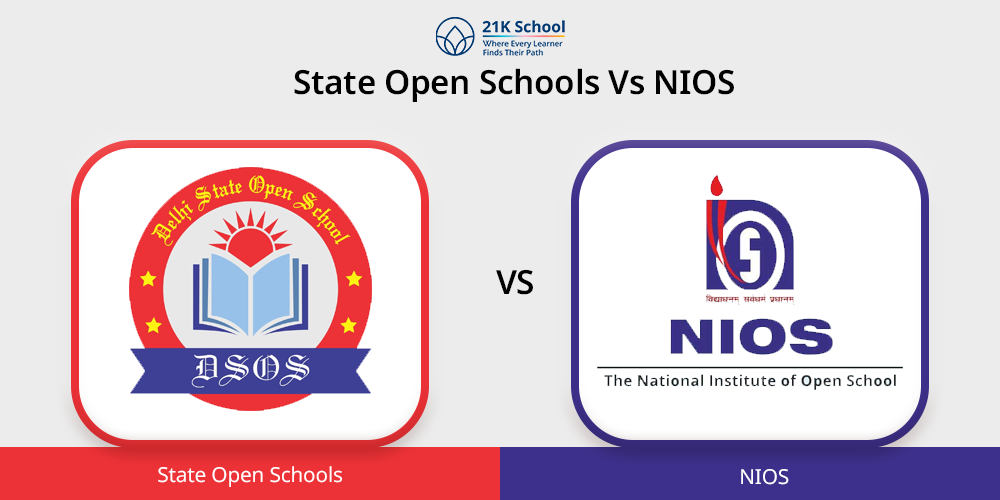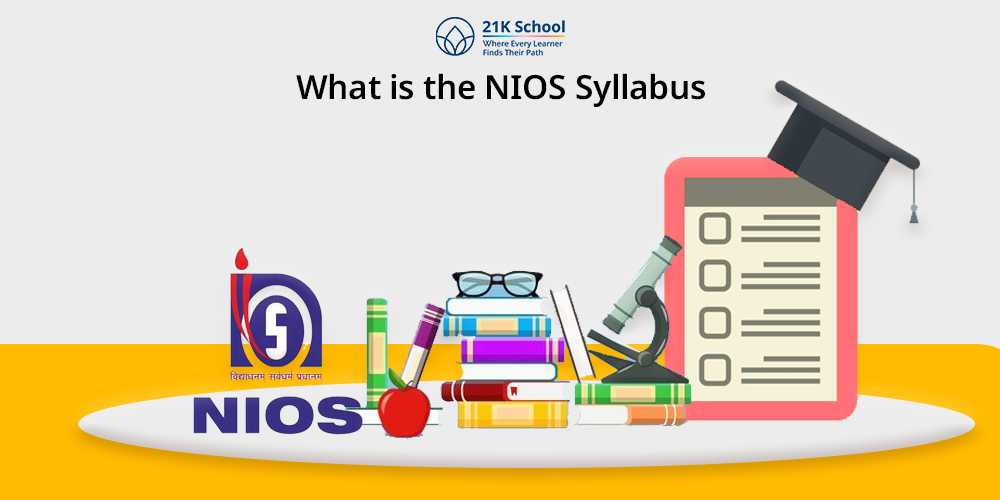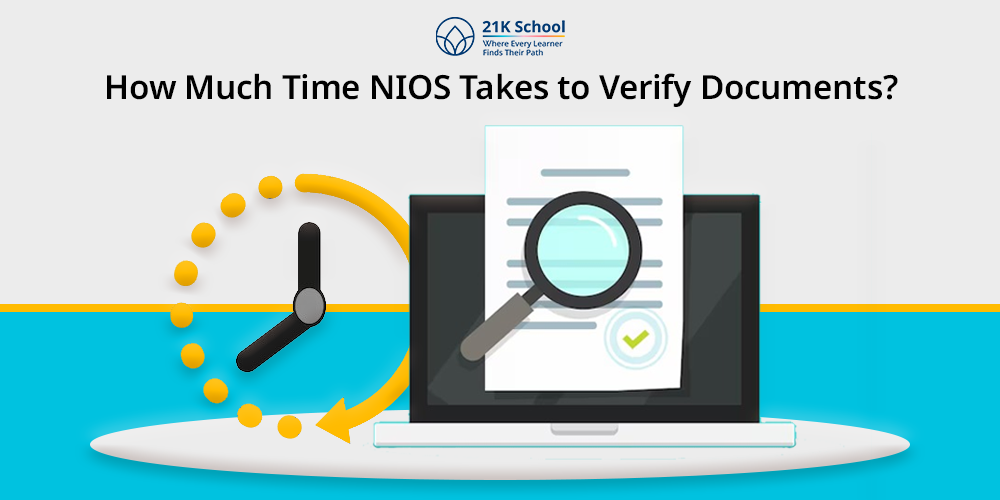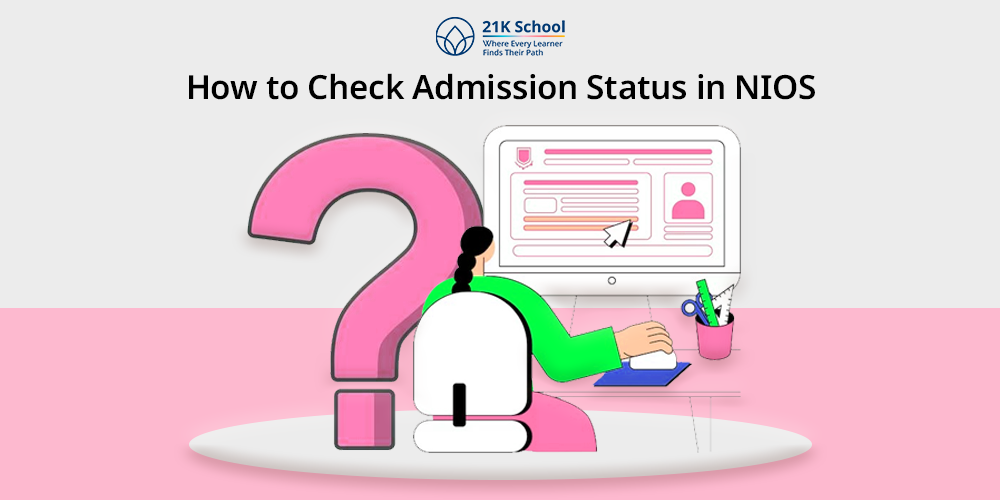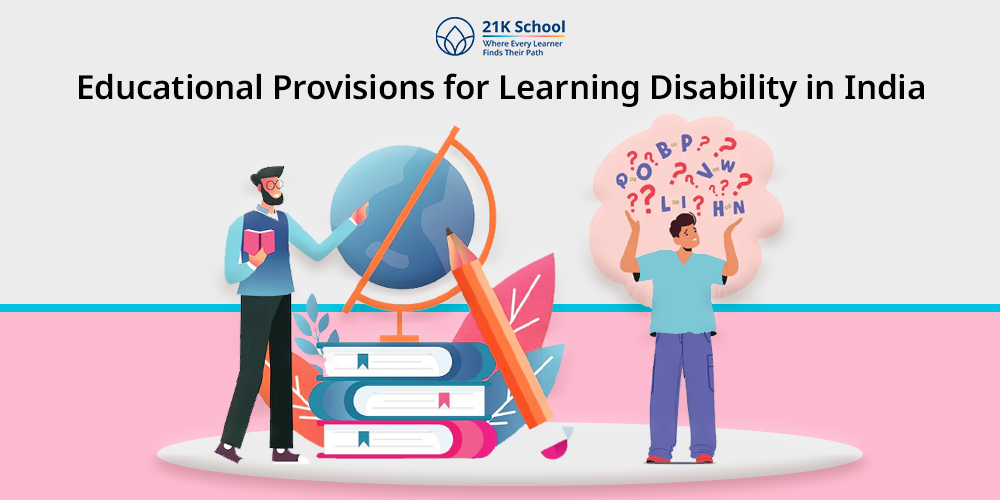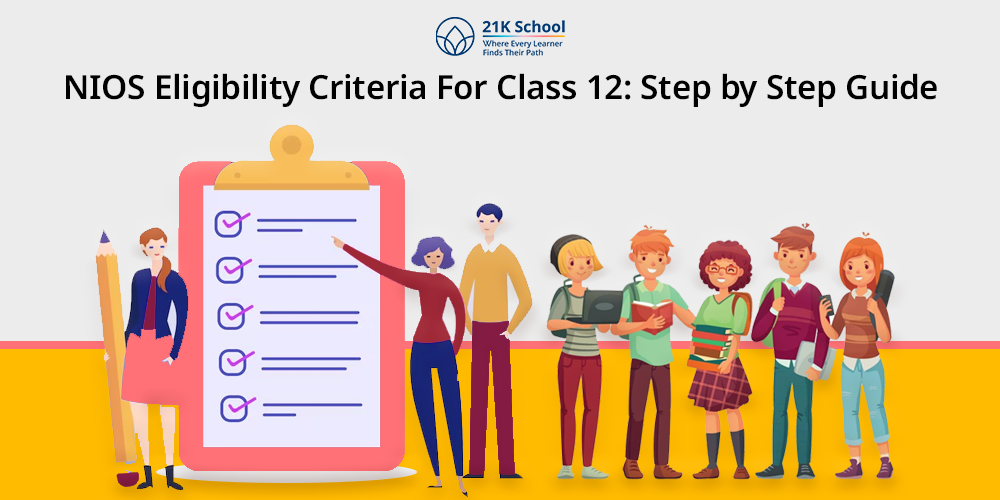Online Schooling & Education Blog: Tips, Trends & How-To Guides
State Open Schools Vs NIOS: Explore The Top 5 Differences
Do you know how State Open Boards and NIOS are different? State Open Schools and NIOS are both open schooling… Read More
Last updated on: 14 Jul, 2025
Can NIOS Students Take Admission in CBSE Board? Know It All
There are only a few well-known education boards in India among children. Two of them include the National Institute of… Read More
What is NIOS Syllabus: Group-Wise Syllabus, Key Aspects, Features, and More!
Do you know NIOS syllabus and CBSE syllabus are aligned with the NCF? The NIOS syllabus is aligned with the… Read More
How Much Time NIOS Takes to Verify Documents A Detailed Outlook
Are you someone eager to enroll in or have already filled out the form and are thinking how much time… Read More
What is TOC in NIOS: Know About Its Eligibility, Subjects, Process, and More!
The National Institute of Open Schooling or NIOS is one of the popular platforms in the . It is immensely… Read More
How Many Times NIOS Exam is Held in a Year: Session and Evaluation Criteria
Do you know how many times a NIOS examination is conducted in a year? conducts examinations multiple times in a… Read More
How to Check Admission Status in NIOS: Easy Steps, Meaning of Admission Status, and More!
Are you worried about your admission, but don’t know how to check the status? The releases an admission list, which… Read More
Educational Provisions for Learning Disability in India: Know Them All!
Education is very important in defining the future of an individual and the society. in a diverse nation as India… Read More
NIOS Eligibility Criteria For Class 12: Top 4 Criteria and Detailed Guidelines
If you are someone looking forward to . You are at the right place. No matter if you are a… Read More
What is PCP in NIOS: Features, Structure, Objectives, Benefits, and More!
In today’s changing world the education system is evolving. Now it is more flexible and especially for learners who are… Read More

